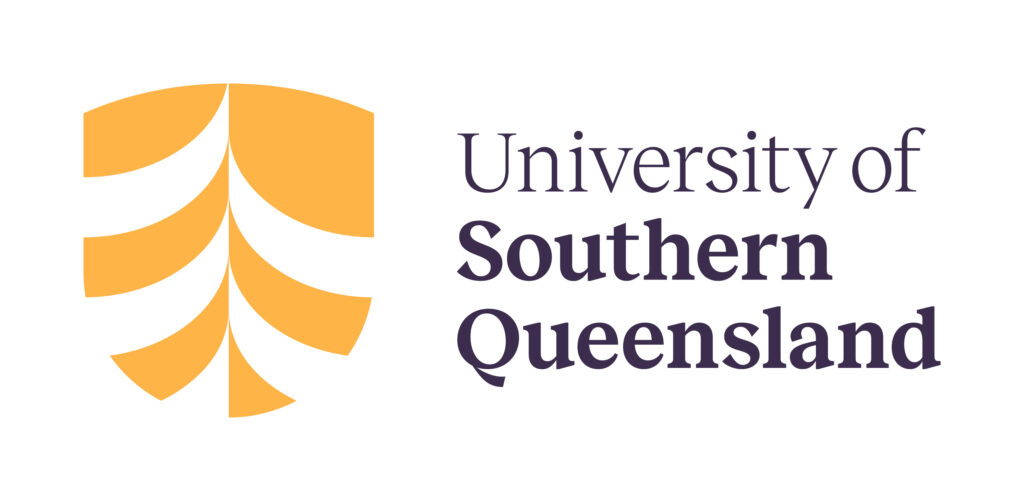The purpose of evaluation is to assess the effectiveness, efficiency, relevance, and sustainability of entities, programs and projects. Evaluation consultants help clients gather and analyse data, measure outcomes, and draw conclusions about the overall performance and impact of their initiatives. An evaluation may include:
Needs assessment to understand the specific goals, objectives, and challenges to tailor the evaluation process to meet the requirements of the program or intervention
Evaluation design to design an evaluation framework and identify evaluation criteria, methodology, data sources and types of analyse
Data collection and analysis may include, interviews, focus groups, documents, surveys, and statistical information
Reporting and recommendations are produced to summarise the findings, conclusions and recommendations
Capacity building may be offered to help organisations strengthen their internal evaluation processes
Stakeholder engagement is critical in impact evaluation to ensure that beneficiaries, funders and community members have a voice
Utilisation of findings is where the organisation strategically use the evaluation recommendations to refine, redesign or turn off a program or project
Ethical considerations are required wherever there is interaction with clients and community and may extend to and ethics approval application
Continuous improvement leading to a learning organisation is where an organisation or department utilise evaluation methodologies in a structured and ongoing manner.
Our core offerings
Program or Intervention Design
Develop or co-design a program or intervention with the client. Provides an opportunity to design into the program or intervention the baseline data collection and reporting milestones to facilitate future strategic decision making.
Process Evaluation
Examines how a program is designed, delivered, and received, with the aim of understanding the processes involved and identifying areas for improvement. Process evaluation provides insights into whether a program is being implemented as intended and helps stakeholders understand the factors influencing its success or challenges.
Evaluation Guidance Service
Independently connected to the client for a set period. This could be a full cycle of delivery. The evaluator can inform the evaluation design at the inception of the program or intervention design stage and can identify critical data collection sets and identify monitoring and reporting opportunities
Impact Evaluation
Impact evaluations are particularly important for evidence-based decision-making, as they provide rigorous and credible information about the effectiveness of programs or interventions. Policymakers and program managers can use impact evaluation findings to make informed choices about resource allocation, program scaling, and improvements.
Data collection tools
Data collection tools are instruments or methods used to gather information systematically for evaluation purposes. The choice of data collection tools depends on the nature of the program or intervention under examination, the type of data needed, and the characteristics of the client population.
- Interviews (semi-structured, structured, unstructured or saturation)
- Focus groups with key stakeholders
- Document and content analysis to systematically analyse the content of text, audio, or visual materials to identify patterns or themes
- Purposeful literature review is a critical analysis and summary of existing research on a specific topic
- Case studies is a way to provide an in depth summary of an organisation, process or an event
- Benchmark processes, programs or interventions to identify and aspire to best practice
- Environmental scans to look for weak signals and emerging trends
- Rapid reconnaissance to quickly assemble a range of information for strategic decision making is a short period of time

Evaluation artefacts & activities
- Contract inception workshop
- Ethics approval
- Project plan
- Monitoring, evaluation and learning plan
- Program evaluation framework
- Program logic model
- Theory of change
- Data collection transcripts
- Data audit
- Data dictionary
- Descriptive statistics analysis
- Thematic analysis
- Recommendations
- Strategic action plan
- Fact checking workshop
- Final Evaluation Report

